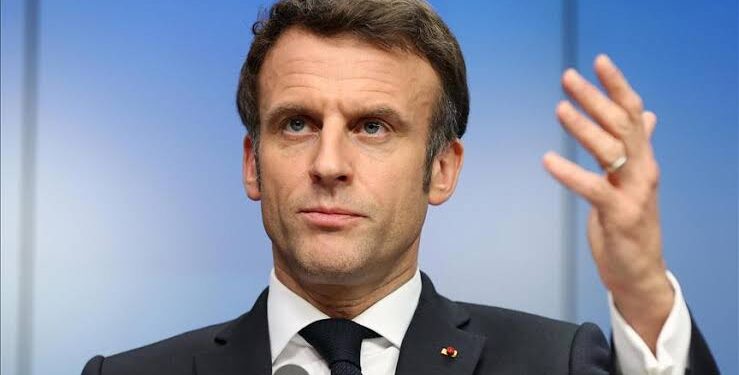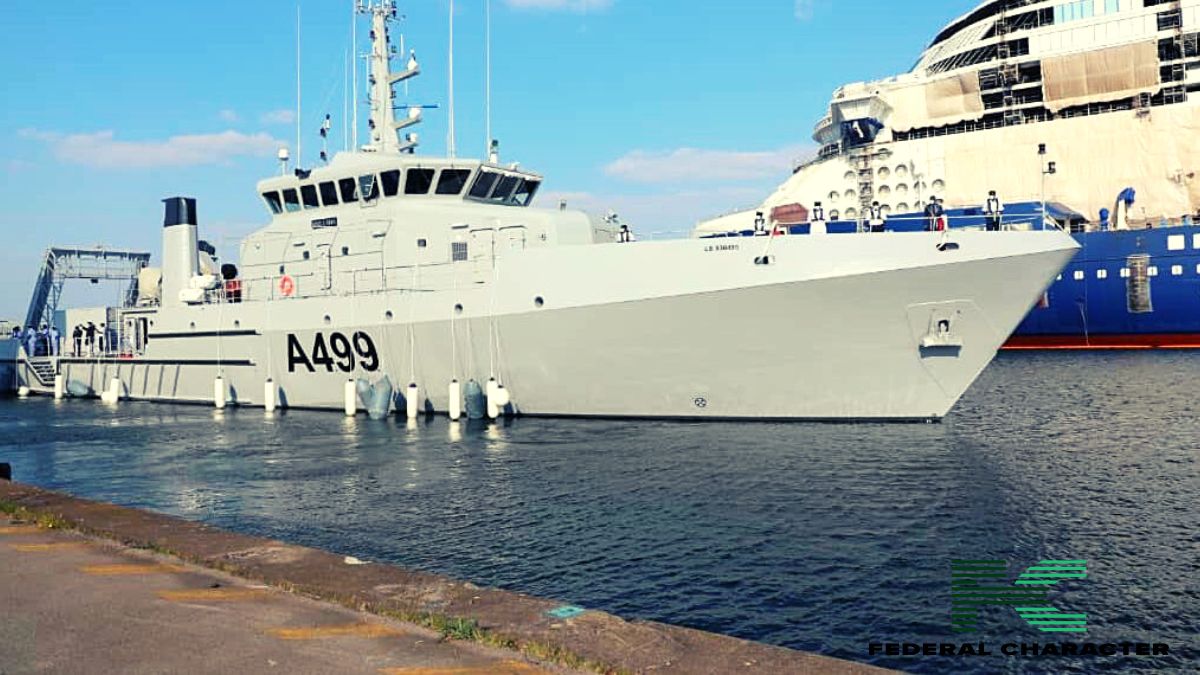French Foreign Minister Jean-Noël Barrot has reinforced France’s commitment to supporting Ukraine in its war against Russia, asserting there are no “red lines” in terms of assistance. In an exclusive interview with the BBC’s Sunday with Laura Kuenssberg, Barrot stated that Ukraine has the right to use French long-range missiles for self-defense, even within Russian territory. While he refrained from confirming whether these weapons have already been used, his comments align with earlier statements from French President Emmanuel Macron, who approved such missile use earlier this year.
Barrot’s remarks echo similar policies adopted by other Western allies, including the UK and the US, who have recently authorized long-range missiles for Ukraine. “The principle has been set… our messages to President Zelensky have been well received,” he emphasized.
A Unified Western Stance
During talks with UK Foreign Secretary David Lammy, Barrot emphasized that Western nations must avoid setting limits on their support for Ukraine. “We do not discard any option,” he stated when asked if French troops could potentially enter combat. He added, “We will support Ukraine as intensely and as long as necessary. Why? Because it is our security that is at stake. Each time the Russian army progresses by one square kilometer, the threat gets one square kilometer closer to Europe.”

Barrot also hinted at the possibility of Ukraine joining NATO, a move Ukrainian President Volodymyr Zelensky has long sought. “We are open to extending an invitation,” Barrot said, adding that discussions are underway with allies to bring Ukraine closer to NATO membership.
Defense Spending and Strategic Challenges
Barrot acknowledged that meeting the challenges of the Ukraine war will require increased defense spending among Western nations. “Of course, we will have to spend more if we want to do more,” he remarked, underscoring the need for enhanced military preparedness.
These comments come amidst a week of significant developments in the conflict. The UK and US have allowed long-range missile strikes within Russian territory, while Russia has tested new missile technologies and hinted at the
potential for global war. The situation, described by one UK government source as a “crunch point,” is particularly precarious as winter approaches and geopolitical tensions rise.
Responding to Putin’s Threats
Barrot’s firm stance reflects the broader dilemma faced by Ukraine’s allies: how to counter Russia’s aggression while managing the risks of escalation. With Russian President Vladimir Putin signaling the possibility of global conflict, and Ukraine facing mounting challenges on the battlefield, Western nations find themselves at a pivotal moment in shaping the trajectory of the war.
Bottom Line
France’s renewed commitment to Ukraine underscores the critical importance of Western unity in countering Russian aggression. Barrot’s open-ended approach, including the potential use of French missiles in Russia and an invitation for Ukraine to join NATO, highlights the stakes for European security. As the war enters a new phase, the balance between supporting Ukraine and avoiding broader escalation remains a delicate but essential challenge for the international community.

















